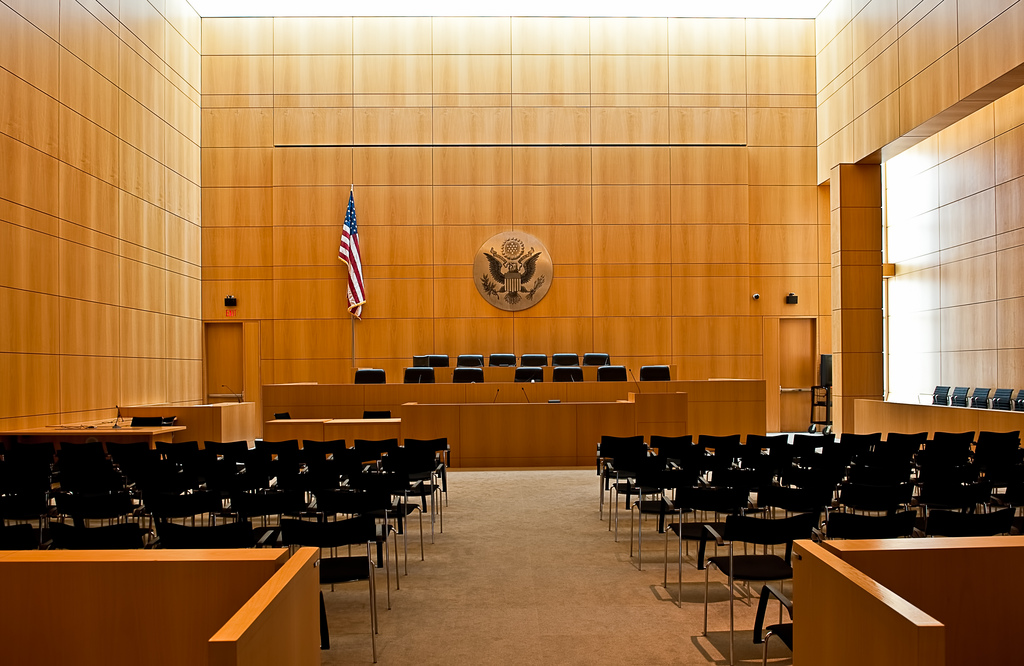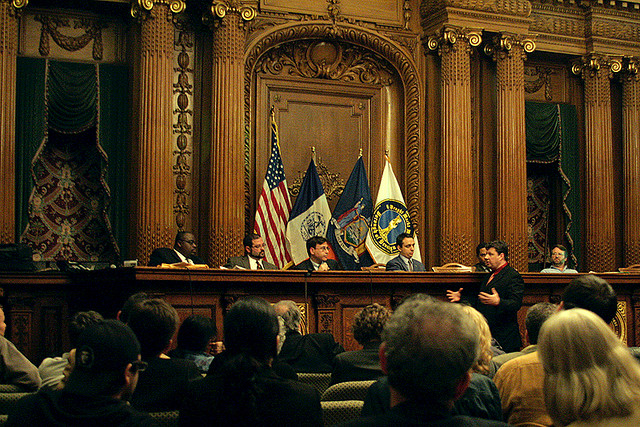When starting a new business it is a good move to look for and hire a lawyer. Not only are there tax concerns and legal paperwork to deal with, but having the advice of counsel can come in handy with many businesses. A good business attorney will give you guidance about things such as zoning compliance, trademark and copyright rules, lawsuits and liability.
Like doctors, lawyers have also become highly specialized. When looking for the right lawyer for your business, here are some skills to look for:
- Contracts You will need an attorney that can prepare and understand standard contracts. These will include contracts that you need for clients and customers as well as those that other parties may want you to sign.
- Business Organization Your lawyer can help you decide the right business organization. Some businesses are an LLC (Limited Liability Corp.) while others are incorporated. This designation is important to your taxes and the way that you will do business.
- Real Estate When it comes time to lease a work space you will need an attorney to help you understand and negotiate these documents. Often, leases are in favor of the landlord. The right lawyer may find ways to make the lease more beneficial for you and your growing business.
- Taxes and licenses You may have an accountant that is handling your taxes. But your lawyer should be able to register your business for federal and state tax identification numbers and understand how your taxes will be effected by basic business actions.
- Intellectual property This skill is coming into more demand with the advent of so many internet businesses. The vastness of IP law means that you may have to consult with a specialist if you have a particular need. Nevertheless, your attorney should be able to advice you when that need arises and have some contacts that can assist you when the time comes.
Now that you know why you should hire a lawyer, where should you start? A great place to begin is the American Bar Association. There are also commercial lawyer referral services that will help you find a lawyer near you. Hiring a lawyer is crucial to any successful business so don’t wait until its too late to get started.
Article via Entreprenuer
Photo JBC Legal – Business Photoshoot by Siomara M. [Creative Commons Attribution-NonCommercial-NoDerivs]





